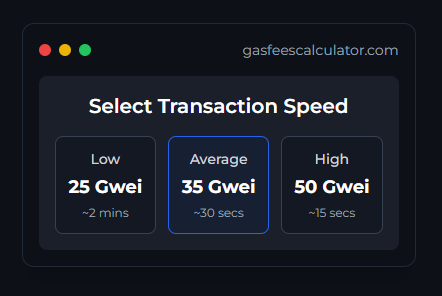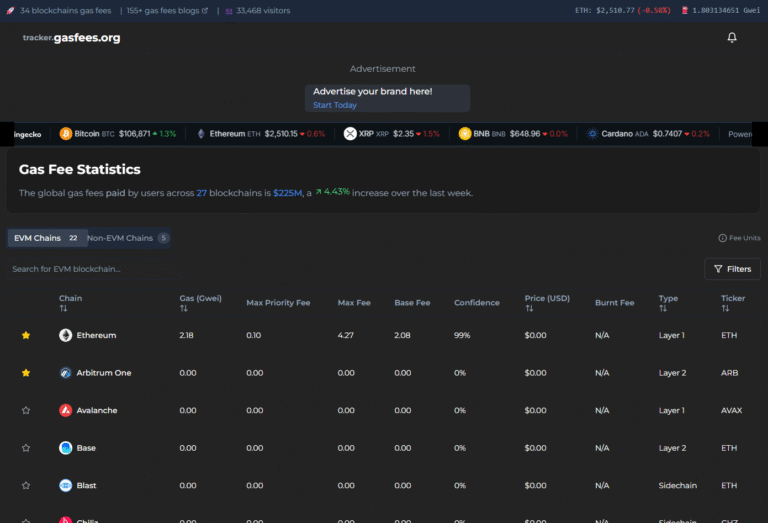What Are Palm Gas Fees?
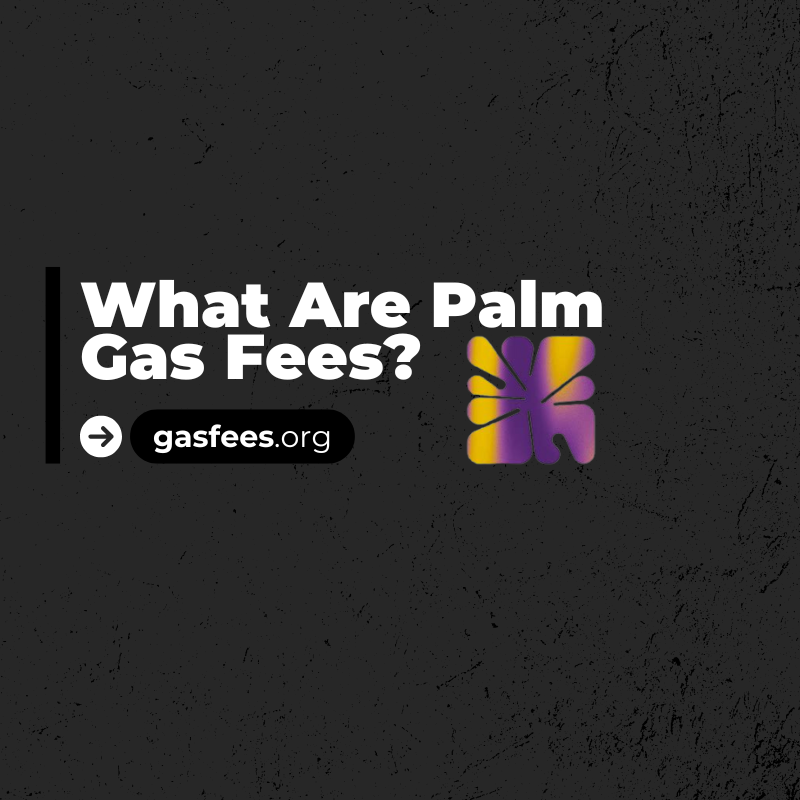
Palm Gas Fees refer to the transaction costs associated with using the Palm blockchain, a platform designed for eco-friendly NFTs and digital asset management. These fees compensate network validators for processing and securing transactions. Known for its low environmental impact and minimal gas costs compared to Ethereum, Palm is an ideal choice for creators and collectors seeking affordable and sustainable blockchain solutions.
What Are Arbitrum Gas Fees?
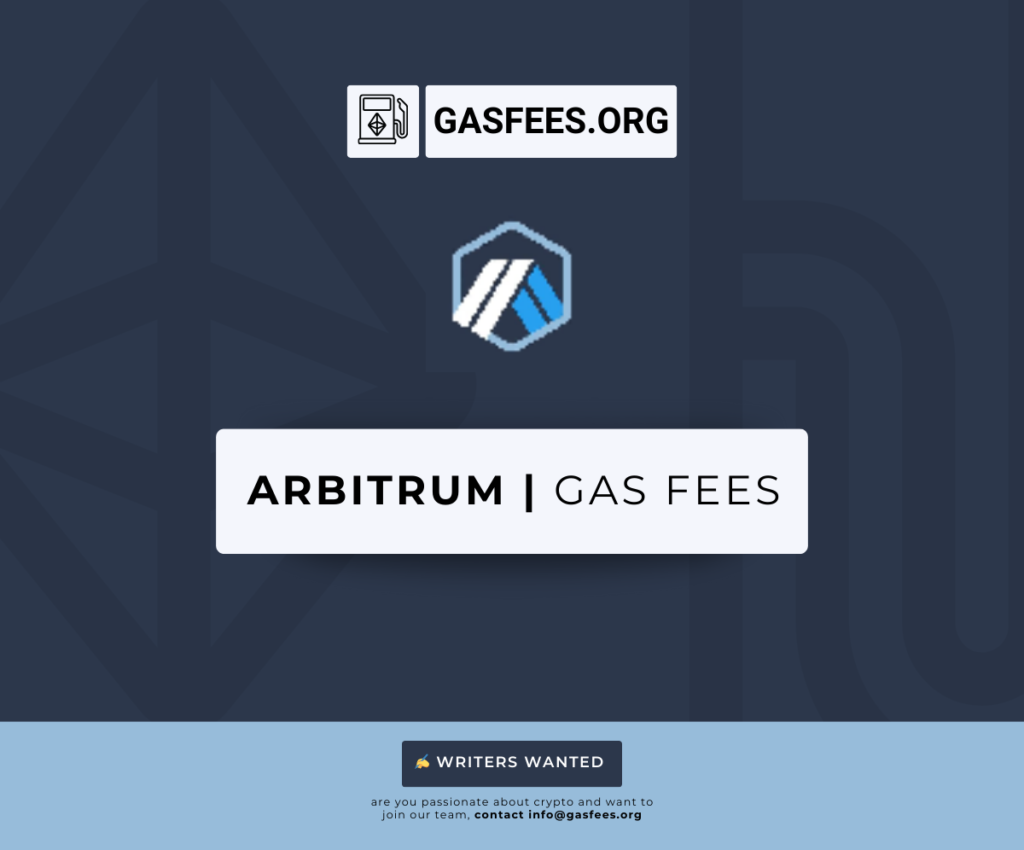
Arbitrum is one of the leading Layer 2 scaling solutions built on Ethereum, designed to offer faster and cheaper transactions. But what exactly are Arbitrum gas fees, and how do they compare to Ethereum’s? In this article, we break down how Arbitrum reduces costs, what factors influence its gas fees, and how you can monitor them in real time.
What Are Cronos Gas Fees?
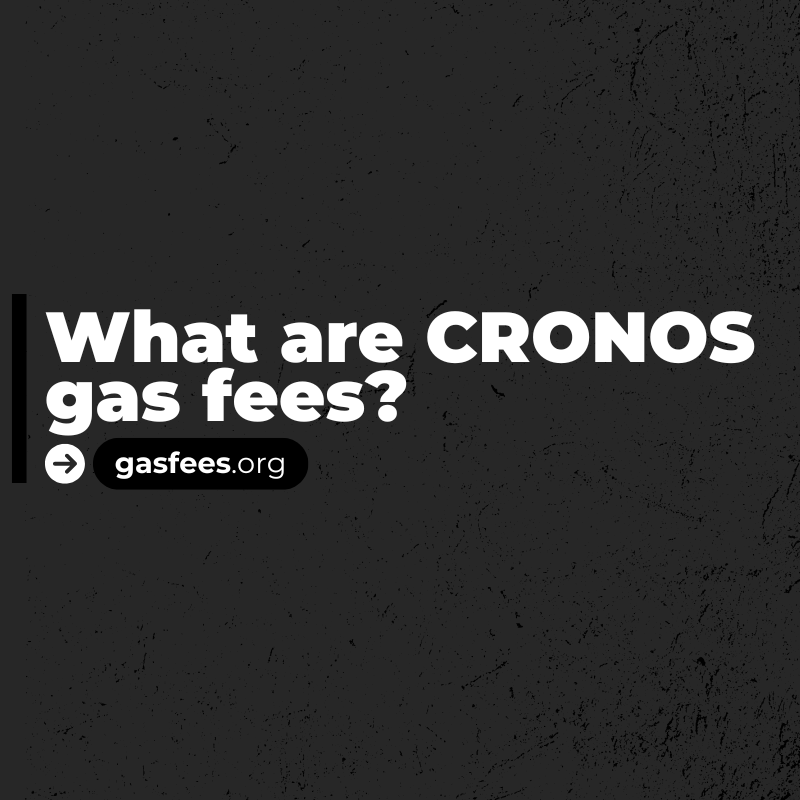
Cronos gas fees are the transaction costs users pay to perform operations on the Cronos blockchain, such as transfers, swaps, or smart contract interactions. These fees are paid in CRO, the native token, and help secure the network by compensating validators for processing transactions. Compared to Ethereum, Cronos typically offers lower gas fees, making it an attractive option for cost-conscious users in the DeFi and NFT space.
What Are Fantom Gas Fees?
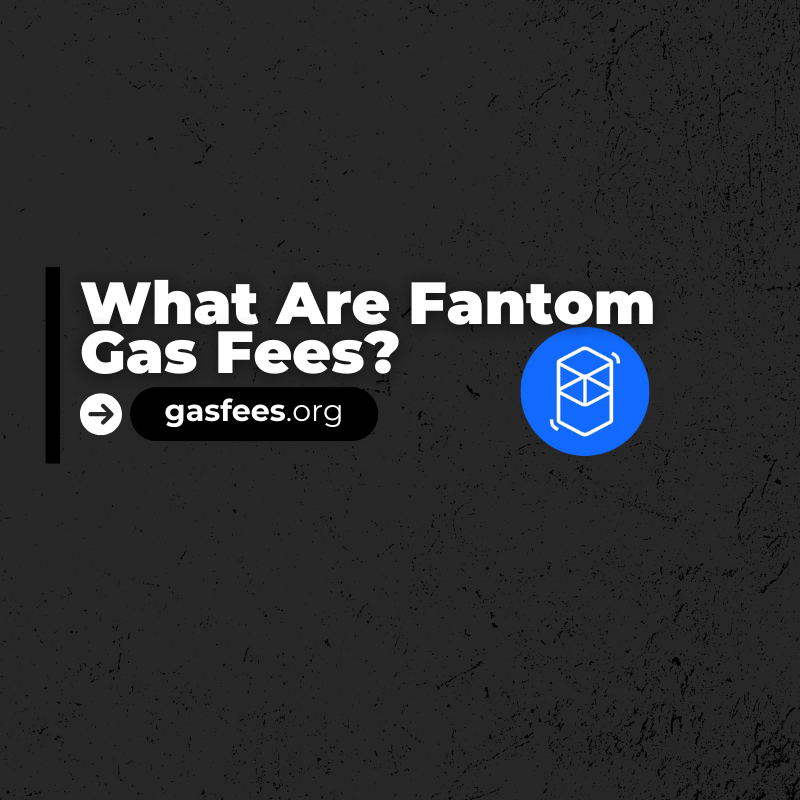
Fantom gas fees are the transaction costs associated with using the Fantom blockchain. These fees ensure the smooth operation of the network, similar to how gas is used as fuel in traditional systems.
What Are Solana Gas Fees?
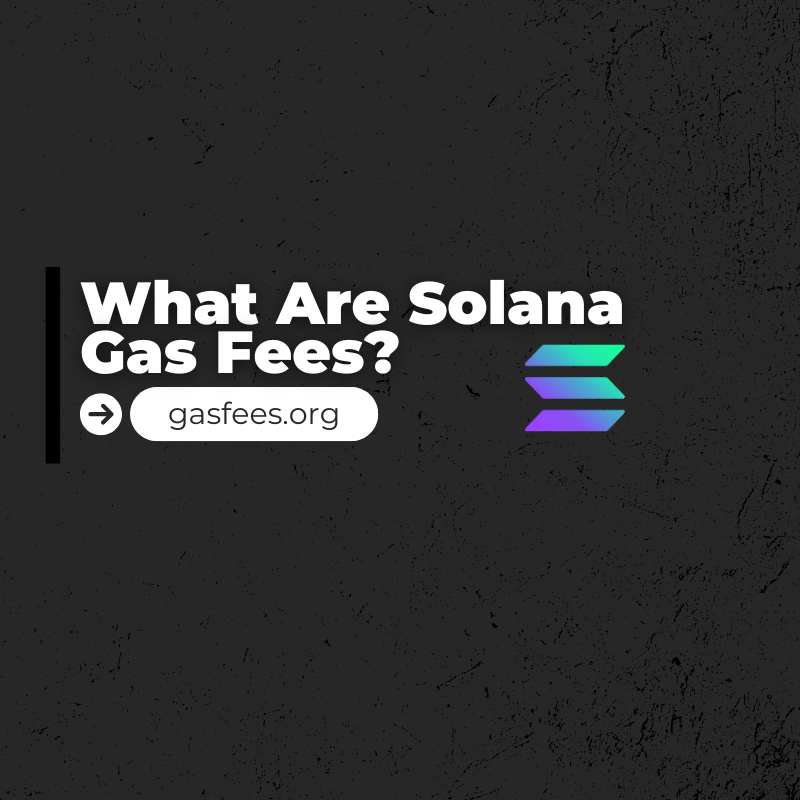
Solana gas fees are the small transaction costs paid to process operations on the Solana blockchain, known for its ultra-fast speeds and low fees. This guide breaks down how Solana gas fees work, their affordability compared to other blockchains, and why they make Solana a favorite for developers and users alike.
What Are Avalanche Gas Fees?
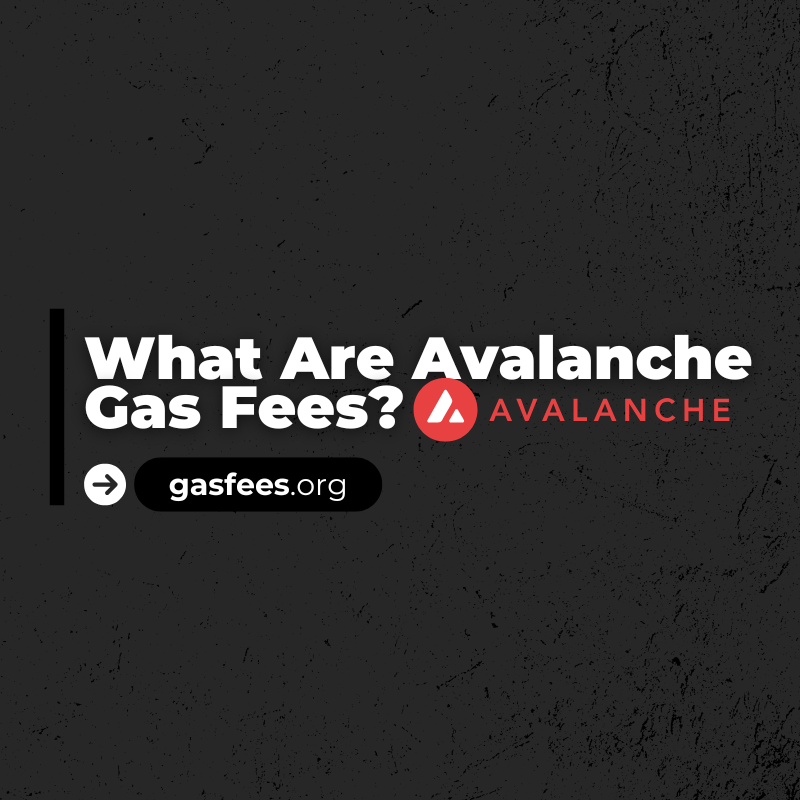
Avalanche gas fees are the costs required to perform transactions or execute smart contracts on the Avalanche blockchain. These fees, paid in AVAX, help secure the network and ensure fast, scalable transactions.
Avalanche’s unique consensus mechanism allows for lower and more predictable gas fees compared to other blockchains, making it an attractive option for decentralized applications (dApps) and finance solutions. Understanding Avalanche gas fees can help users optimize their costs when interacting with the network.
